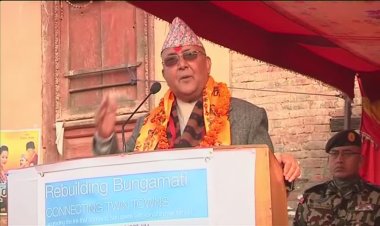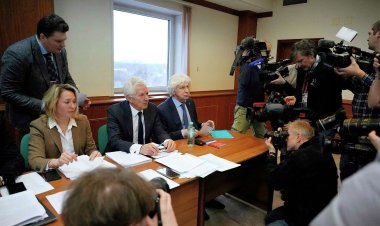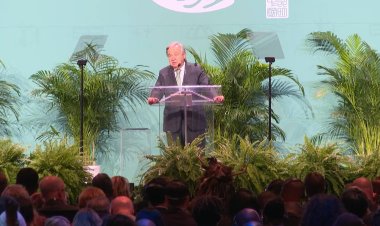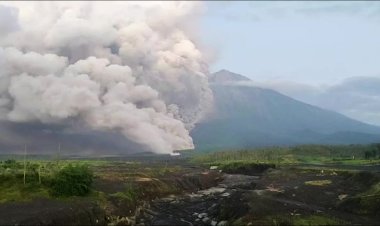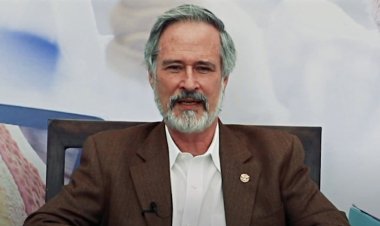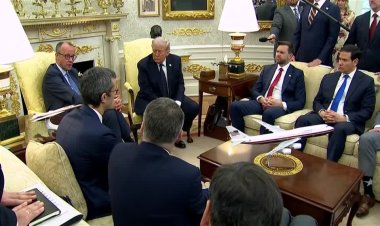Iran warns U.S. after base strike

Iran's Supreme Leader Ayatollah Ali Khamenei - in his first televised remarks since a ceasefire was reached between Iran and Israel - said his country would respond to any future U.S. attack by striking American military bases in the Middle East.
The 86-year-old leader claimed victory after 12 days of war, culminating in an Iranian attack on the largest U.S. base in the region, located in Qatar, after the United States joined Israeli strikes on Iran.
"The Islamic Republic delivered a hard slap to the face of America. It attacked one of America’s key bases in the region, Al Udeid air base, and inflicted damage."
He said the same people who had exaggerated their own actions tried to downplay this strike, claiming nothing had happened, when in fact, "something major had occurred."
Speaking from an undisclosed indoor location, he promised that Iran would not surrender despite calls from U.S. President Donald Trump to do so.
He also said the U.S. "gained no achievement" after its attack on Iranian nuclear sites, but that it entered the war to "save" Israel after Tehran's missiles broke through Israel's multi-layered defense system.
Later, Iran's foreign minister said in an interview on state TV that his country currently has no plan to meet with the United States, contradicting Trump's statement that the U.S. planned to have talks with Iran next week.
The top diplomat made the remarks during a televised interview addressing a broad range of issues including Israeli-American aggression, European complicity, the future course of negotiations, Iran’s decision to suspend cooperation with the UN nuclear agency, and his diplomatic tour of Geneva and Istanbul amid ongoing Israeli bombings.
He said it was the Zionist regime that requested a halt to Iranian retaliatory operations, which had inflicted heavy damage across the occupied territories.
Araghchi further said the Islamic Republic has decided not to allow Rafael Grossi, director-general of the International Atomic Energy Agency (IAEA), inside the country for now.






